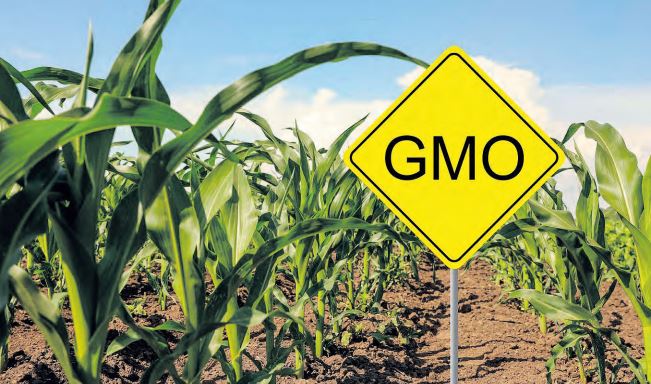
The National Biosafety Authority of Kenya has developed a roadmap for cultivation and commercialisation of Bt maize, a genetically modified crop.
Recently, the authority announced a public consultation period for the environmental release and open cultivation of another variety of Bt maize, marking a significant step in the country’s agricultural policy.
In readiness for the full rollout, researchers have been actively engaging with communities across the country to raise awareness and educate the public about GMOs, and the church has become an essential partner in these efforts.
During a sensitisation visit by the Kenya University Biotechnology Consortium to their church, Friends Church Nairobi Diocese Deputy general superintendent Nathan Lihanda shared his understanding of genetically modified organisms.
He explained that he now knows GMO products are not entirely new; rather, they are enhanced versions of existing crops, scientifically modified for improved survival and productivity.
“It’s a scientific process that I believe is meant to enhance food security,” he said.
However, Lihanda admitted that his initial impression of GMOs was one of skepticism and fear.
“At first, I thought GMOs were bad for health, causing diseases, especially non-communicable ones that are wreaking havoc in Kenya and around the world,” he said.
But now he has come to understand that GMOs require scientific education and access to research findings, which many Kenyans do not have.
He pointed out the need for more public education on GMOs, noting that researchers should be at the forefront of the conversation rather than politicians.
“In Kenya, people are more likely to trust scientists over politicians when it comes to matters like this,” he said.
Lihanda called on the National Biosafety Authority to be transparent about the safety measures in place and to communicate these findings clearly to the public.
“The church is ready and willing to be used as a platform to educate the masses about the safety of GMOs. If the scientific community assures us of the safety of GMOs, we will do our part in helping to spread the word,” he said.
He pointed out that food security is an urgent issue in Kenya, and any viable solution to address food shortages will help prevent social and economic instability.
The church, Lihanda noted, has an advantage in reaching people, as many still trust church leaders more than political figures.
Dr Joel Ochieng, leader of agricultural biotechnology programme at the University of Nairobi, confirmed that researchers are actively working across the country to sensitise farmers and consumers on the benefits and safety measures of GMOs.
“We are educating people about
the genetically modified Bt maize,
which is designed to resist pests such
as the stem borer and fall armyworm,
which have devastated crops in Kenya,” he said.








![[PHOTOS] Guardian Angel bus catches fire in Kikuyu](/_next/image?url=https%3A%2F%2Fcdn.radioafrica.digital%2Fimage%2F2025%2F04%2F58287f0a-f201-4a78-87f0-6f147ad8ba8a.jpg&w=3840&q=100)




